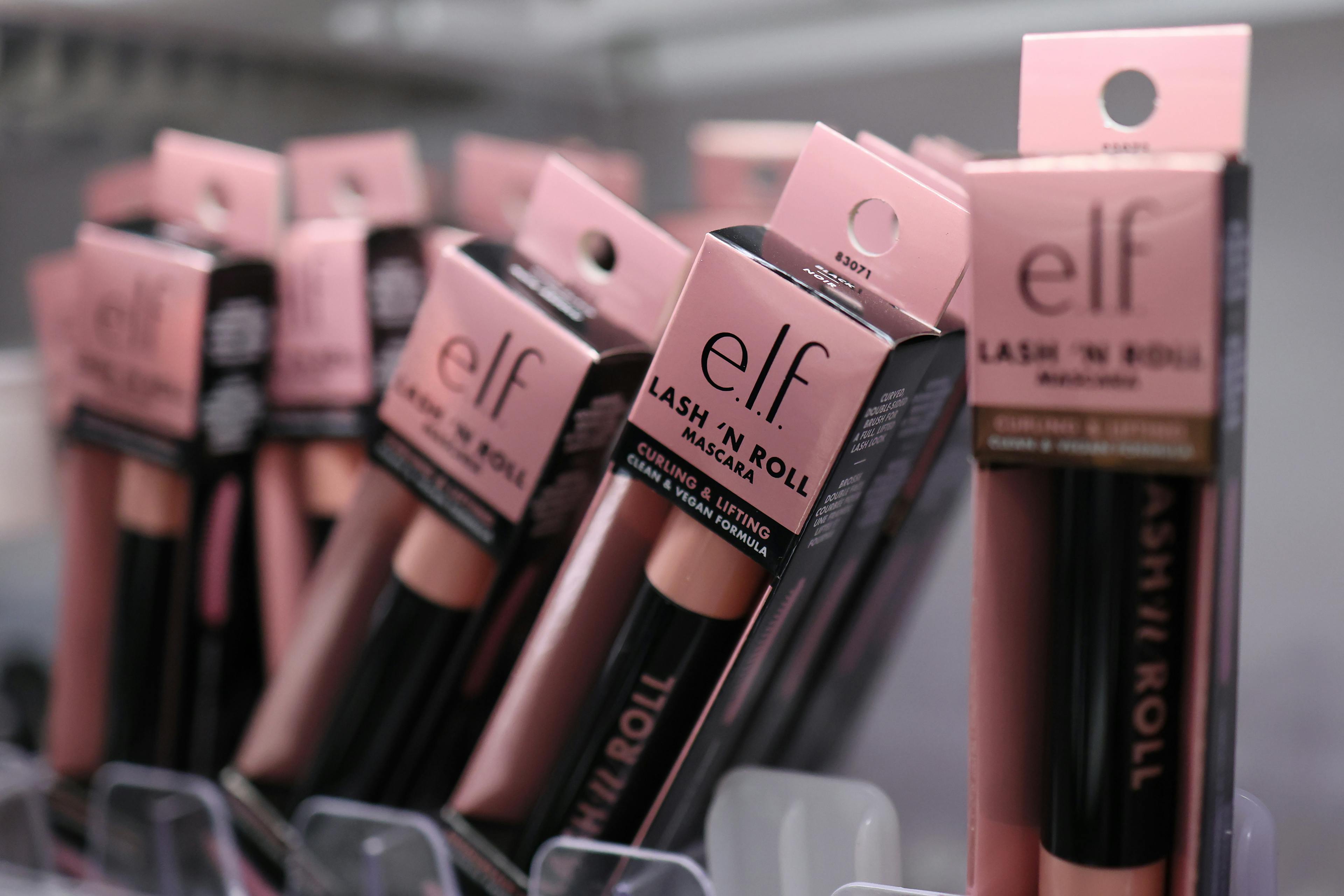e.l.f Beauty rips after Morgan Stanley upgrade
The market is too worried about the cosmetic company’s price hikes, the analysts say.
Cosmetics company e.l.f. Beauty jumped Monday after Morgan Stanley upgraded its rating on the stock to “over-weight” from “equal-weight” and raised its price target to $134 from $114.
Despite reporting results that more or less beat Wall Street expectations last week, e.l.f. saw its share price plunge as executives sounded less than certain that consumers would swallow the large price hikes the company is putting in place this month to offset tariff-related costs.
“With these increases just going in on August 1, we’re still reading how the consumer will respond to that,” e.l.f. CEO Mandy Fields told analysts. “It will take a couple of weeks for that to fully roll out within retail. And so that is something that we’re watching for.”
e.l.f. shares fell 9.5% the next day. But with a few days of perspective, Morgan Stanley analysts led by Dara Mohsenian have decided the market, basically, got it wrong. In a note published Monday, they wrote:
“We Believe Bear Concerns on Pricing Demand Elasticity Risk Are Overblown: ELF implemented a 14% weighted price increase on August 1... Bear worries on pricing stem from a few areas: a) low income consumers are under severe pressure in the US to begin with, so any ELF price increases could drive a large demand reaction, b) ELF has never taken such a large magnitude of price increases across its portfolio, and c) ELF has never taken pricing across its entire portfolio at once. Thus, we believe the market/consensus is currently assuming a sizeable demand elasticity response to ELF’s price increase.”
Morgan Stanley argues that’s wrong for a few reasons. One, they said, is that consumers tend to be not especially sensitive to the pricing of beauty products they use, “given the relative importance of beauty products to consumers.”
They added that e.l.f. cosmetics are already pretty cheap compared to other options, meaning there’s less opportunity for consumers to find more affordable substitutes.
The analysts also looked to the experience of consumer packaged goods companies during the 2022 inflationary period, when many companies pushed substantial price increases. The takeaway from that experience, the analysts wrote, is that sales volumes tended to react more or less similarly to small or large price increases.
In other words, while companies did lose some sales because of big price increases, sales didn’t decline anywhere near as much as prices increased. Thus companies were able to recoup any lost sales by charging more. And that’s a big part of the reason why US corporate profit surged at the time.
